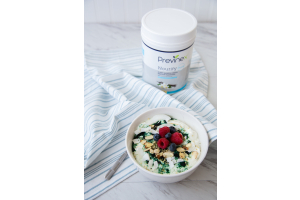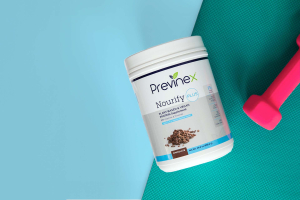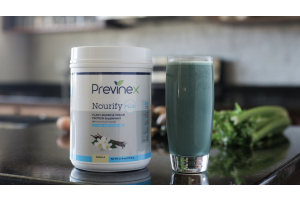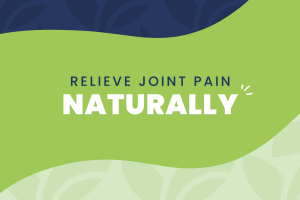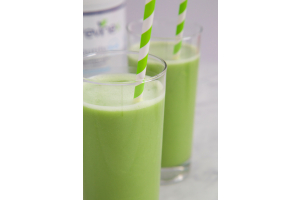
How do you find supplements that will positively benefit your health, are free of dangerous contaminants, and that you can 100% trust? One of the biggest keys to ensuring that supplements will provide the health benefits you’re seeking is to understand the difference between supplements manufactured at Food Grade standards and supplements manufactured at Pharmaceutical Grade standards.
The differences are startling and should make you take a good look at your current supplements.
Pharmaceutical Grade manufacturing protocols ensure that supplements adhere to the same stringent production standards as prescription drugs. We’ll break down what that looks like below, but sadly, it’s very difficult to find pharmaceutical grade supplements.
Approximately 95% or more of the supplements sold at most retailers are food grade. But, what does a supplement being pharmaceutical grade actually mean for you and your health?
Here are 3 reasons why you need to avoid Food Grade supplements, and why you should start taking Pharmaceutical Grade supplements:
1) Absorption of Key Ingredients
With Pharmaceutical Grade Good Manufacturing Practices, supplements are tested for dissolution and disintegration, which requires dissolution within 45 minutes. Absorption is vital when taking a supplement. With Food Grade supplements (the vast majority of retail brands), there is literally no dissolution requirement (it’s not tested at the manufacturing level), which means products may or may not break down in your body. If a supplement does not dissolve within 45 minutes, it will pass right through your system and provide no health benefit. Scary, right?
2) Raw Material Inspection & Testing
Pharmaceutical Grade Good Manufacturing Practices require that raw ingredients be tested prior to production. This includes tests for contaminants, bacteria, metals, microbials, etc. At Previnex, if a raw material flags for any reason, we send it back to the vendor, no questions asked. On the contrary, there is no raw material testing requirement for food grade manufacturers, which is one reason why contaminants were found in many of the supplements sold at the national retail chains listed in the New York Times article, above. Those brands are not testing their raw materials prior to production. Another scary thought!
3) Exact Dosage
Pharmaceutical Grade Good Manufacturing Practices require that what is listed on the label will actually be in the product. With Food Grade Manufacturing Practices, it’s more of an approximation. When it comes to your health, do you want to know exactly what you’re putting in your body or do you want an approximation? The answer is straightforward, right?
The Bottom Line
The bottom line is that the majority of retail brands spend a large amount of money on marketing, advertisements, celebrity endorsements, and/or acquiring prime retail space. For better or worse, they are competing on marketing and pricing, which means that they literally cannot source the highest quality, most clinically-efficacious ingredients possible, or send their products through the costly and stringent Pharmaceutical Grade Good Manufacturing Practices mentioned above. It's too expensive.
With Previnex, we take all of the worry out of the equation. All of our products are manufactured following Pharmaceutical Grade Good Manufacturing Practices, meaning all of our raw materials are tested pre-production, each of our products is tested to dissolve and be absorbed into your body within 45 minutes or less, and what’s on our labels will actually be in our products (and what's not listed thankfully won't)!
So, while you may think every vitamin or supplement is largely created equal, if you’re taking a Food Grade supplement you may not be getting the health benefits that you think you are!


